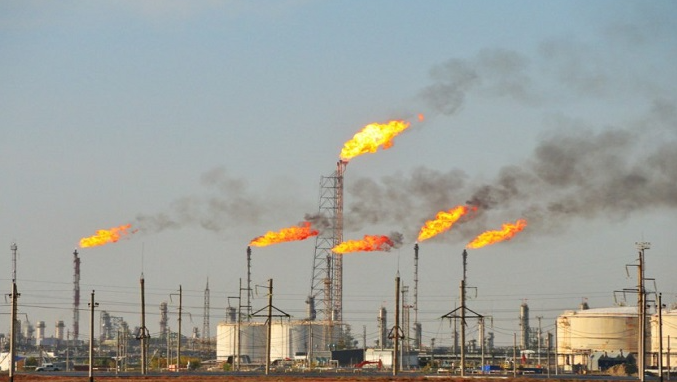The Federal Government said it has made a payment exceeding $120 million from the $1.3 billion due to gas suppliers, in a bid to stimulate gas production in the country.
Mr. Ed. Ubong, the Director of the Decade of Gas Secretariat, stated at the 7th Edition of the Nigeria International Energy Summit (NIES 2024) on Thursday that the payment was made to reduce some of the outstanding debts.
Ubong spoke at a session tagged, “From Blue Print to Reality: Navigating Nigeria’s Gas Decade and Balanced Narrative on Energy Transitions.”
He mentioned that as of 2023, gas producers were owed approximately $1.3 billion in arrears, yet from October through January 2024, the government has made payments exceeding $120 million.
Ubong mentioned that the government is developing a strategy to clear the remaining balance of the debt.
- “That’s a piece of work that is ongoing and we hope that it will be approved, and then the industry can move away from those issues.
- “Sitting at the back of the earth is about 300 million to 600 million scuff of gas which can become available once the OB3 gas pipeline is completed.
- “Once OB3 is completed, over 600 million scuffs of gas will become available on the network feeding into the Ajeokuta-Kaduna-Kano (AKK) Gas Pipeline.
- “We must build a gas capacity. The engineers, the technicians that will work in this new gas sector that we are looking at for the next eight months.
- “And at the Secretariat, we are committed to that. We are looking for interns, we are looking for young people who are willing to join us and then provide their time and energy supporting bigger goals of the sector,” he said.
More Insights
On his part, Akachukwu Nwokedi, the President of the Nigerian Gas Association (NGA), criticized the impact of multiple taxes, levies, and current policy regulations on the cost of conducting business.
He emphasized the need to end the practice of multiple taxation, advocating for the government to harmonize and simplify taxes to foster business growth and attract investment.
- “These have to stop and the approach needs to be harmonised and streamlined to enable businesses and encourage investment.
- “We can also learn from countries like Australia and others that are very deliberate in implementing friendly policies. We need policies that will enhance Foreign Direct Investment in the gas space,” he said.
What you should know
In January 2024, the Transmission Company of Nigeria (TCN) attributed the country’s low levels of power generation and distribution to constraints related to gas supply.
- TCN explained that the lack of adequate gas supply to thermal power generating companies adversely affected the transmission grid’s ability to send electricity to distribution centres across the nation.
- The TCN General Manager, Public Affairs, Ndidi Mbah, said:
- “The Transmission Company of Nigeria TCN hereby announces that there has been a gradual decrease in an available generation into the grid due to gas constraints to the thermal generating companies, which has impacted the quantum of bulk power available on the transmission grid for onward transmission to the distribution load centres nationwide.
- “TCN is doing everything possible in collaboration with stakeholders in the power sector to ensure that it continues to keep the grid intact in spite of the current low power generated into the system.
- “Consequent upon the current load on the grid, load distributed to the distribution load centres have also reduced, as TCN can only transmit what is generated.”

